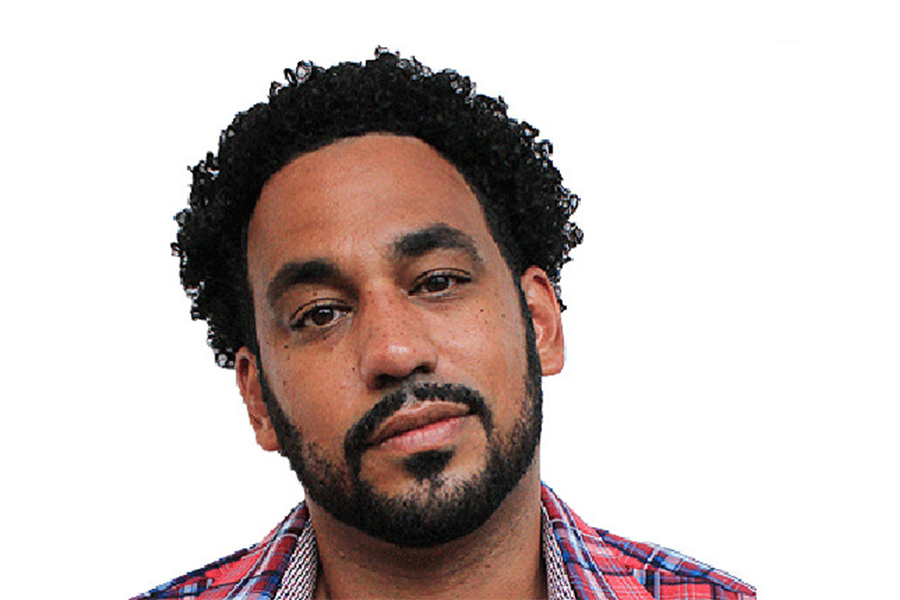
Carnegie Mellon’s Jason England Responds to NFL’s National Anthem Policy
Jason England, assistant professor of creative writing at Carnegie Mellon University, has written extensively on race, sports and societal issues, many of which have appeared in Sports Illustrated, The Root and Chronicle of Higher Education. England's view on the NFL's policy on fining players who do not stand for the national anthem is below.
He is also available for phone, Skype or on-camera interviews to share more. Contact Shilo Rea at 412-268-6094.
The NFL has fumbled its response to Colin Kaepernick's protest against rampant police brutality from the start, and their latest national anthem policy is more of the same. At best it's a poorly-thought-out rule that will spawn more problems than it quells; at worst it looks like codified racism, free speech suppression and wanton disregard for labor rights.
The NFL represents a uniquely American sport: supremely popular here, with very little traction abroad. And this new policy perpetuates a tendency both of the league and of President Trump to advance nationalist symbolism and bombast at the expense of actual American principles and ideals. The league's new policy represents a clear capitulation to the president, as well as a fear of the power of his base to diminish the league's financial bottom line.
I expect this situation to get worse before it gets better. The owners are guided by avarice rather than principle. The players are unified mostly by indignation, Kaepernick's initial message having been diluted and forgotten along the way. The president is performing a sinister take on Roosevelt's concept of the Bully Pulpit. At this point we're watching a war without any guiding principles; It's doomed to incoherence.
This morning the president expressed his pleasure with the decision, suggesting players who don't stand for the anthem "maybe shouldn't be in the country." NFL owners and the American president are suggesting freedom of expression and basic labor rights are a constitutional right for some, but a privilege for predominantly black football players. That sentiment is nakedly racist. When league officials and our president make those arguments, there's an implicit disrespect and disregard for the humanity of these predominantly black players, a disregard for their varied grievances and a peculiar, perfidious challenge to the legitimacy of their American citizenship.
That this policy was announced on the day the Milwaukee police released the body camera footage of NBA player Sterling Brown's unwarranted tasing underscores Kaepernick's initial and subsequent points: Our society has shown a lamentable failure to prevent and punish police brutality; the NFL in contrast to the NBA is a league that values their players as entertainment but not as humans in full.